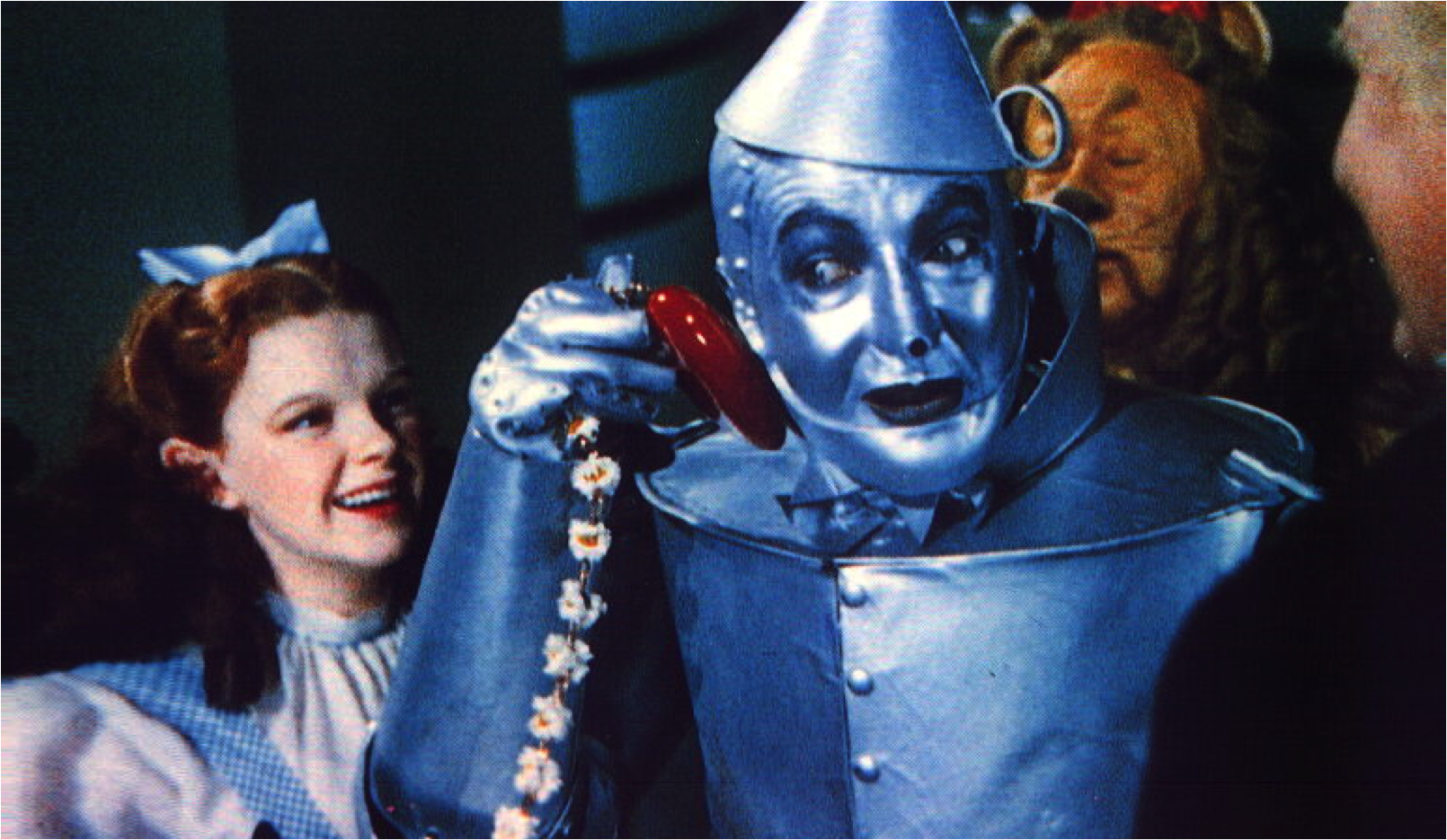A Heart for the Tin Man
Posted on 10th January 2017
Welcome to the Business Empathy Forum and thank you for your visit. In this post I would like to highlight a technological effort that is also a pretty clear indicator of what our near future holds: ‘smart’ machines that come equipped with built-in empathy and compassion. But unlike the Wizard of Oz – who gave the Tin Man a heart at the end of the eponymous classic film – today’s technology wizards are figuring out how to do this with algorithms and artificial intelligence.
Using AI to Teach Empathy to Chatbots
An August 2016 article on fastcodesign.com discusses the machine-learning startup Koko and its pursuit of a strategy to bring empathy to chatbots like Siri, Alexa and Cortana.
“We’re working toward providing empathy as a service to any voice or messaging platform,” says cofounder Fraser Kelton. “We think that’s a critical user experience for a world in which you’re conversing with computers.” Ultimately Koko would like to be able to license an empathy API that could be installed into chatbots, ‘like sticking a heart into a robot.’
I am intrigued by the wording Kelton uses in the quotes above: “… empathy as a service to any voice or messaging platform…” and “… a critical user experience for a world in which you’re conversing with computers.” Empathy as a service and conversations with computers: two more reminders that we are truly living in a digital age.
Koko was launched from MIT’s Media Lab in 2014 as a social-media network that would enhance emotional health by connecting users with people who might talk them through stressful or difficult situations. Today, in layman’s terms, Koko leverages a large library of empathic responses written by humans and applies algorithms to sort out the appropriate answers to different types of queries. It operates as a search engine for empathy and compassion, if you will. Real people still do the bulk of responding for Koko and its partner Kik, but the AI component is becoming more robust and responsive.
As fascinating as I find these technical efforts to ‘put hearts into robots’, an insight that really captured my attention came in the final two sentences of the article, as the author commented on the growing need for this type of technology: “But one thing’s for sure: It doesn’t look like we’ll be talking to our computers less in the future than we are today. Eventually, they’ll have to learn some simple human decency from someone.”
My interpretation of these thoughtful words: computers and technology are and will continue to be important in our lives, but we want and need the human touch – empathy – even from our machines. Let’s hope we can get this right.
Good luck, and until next time…


